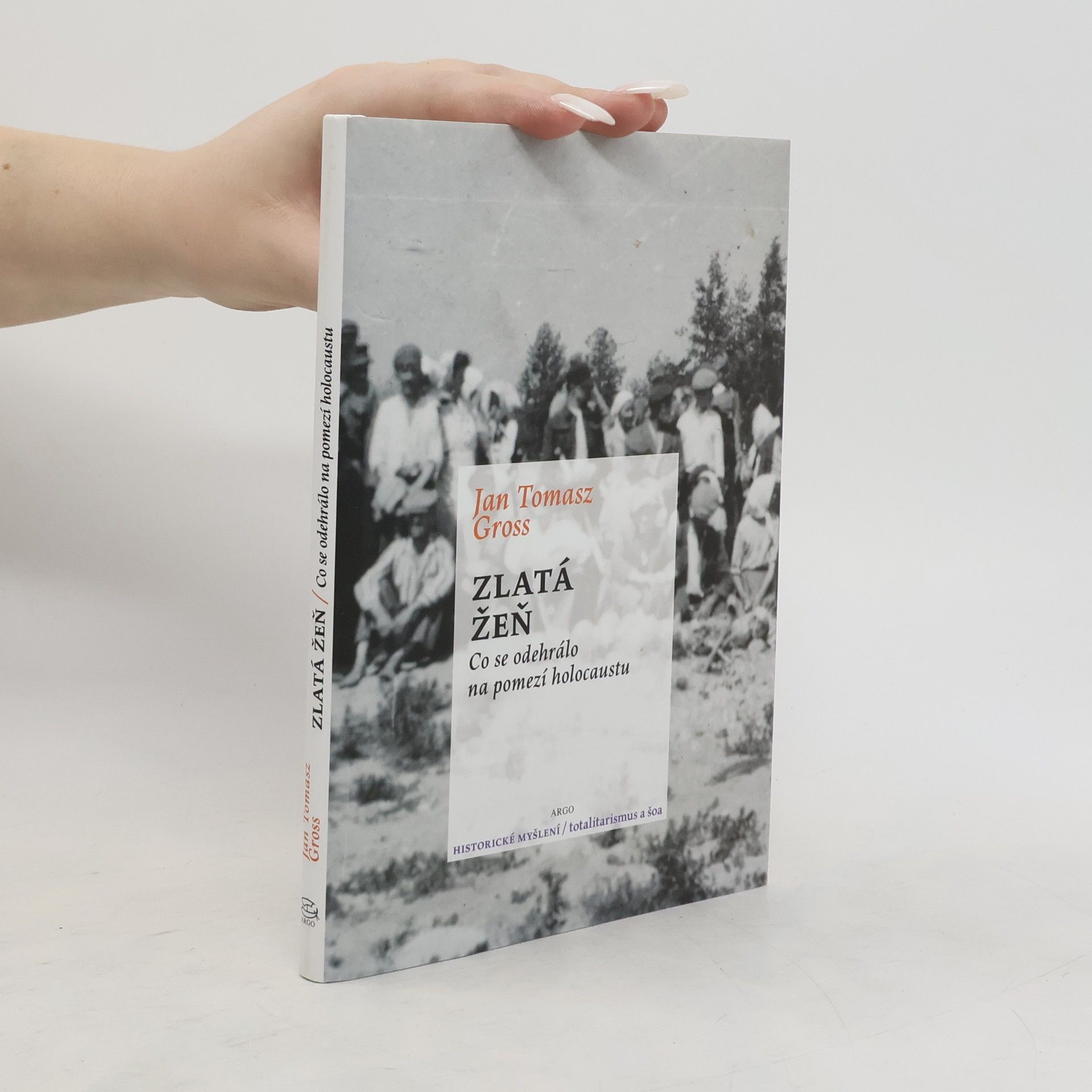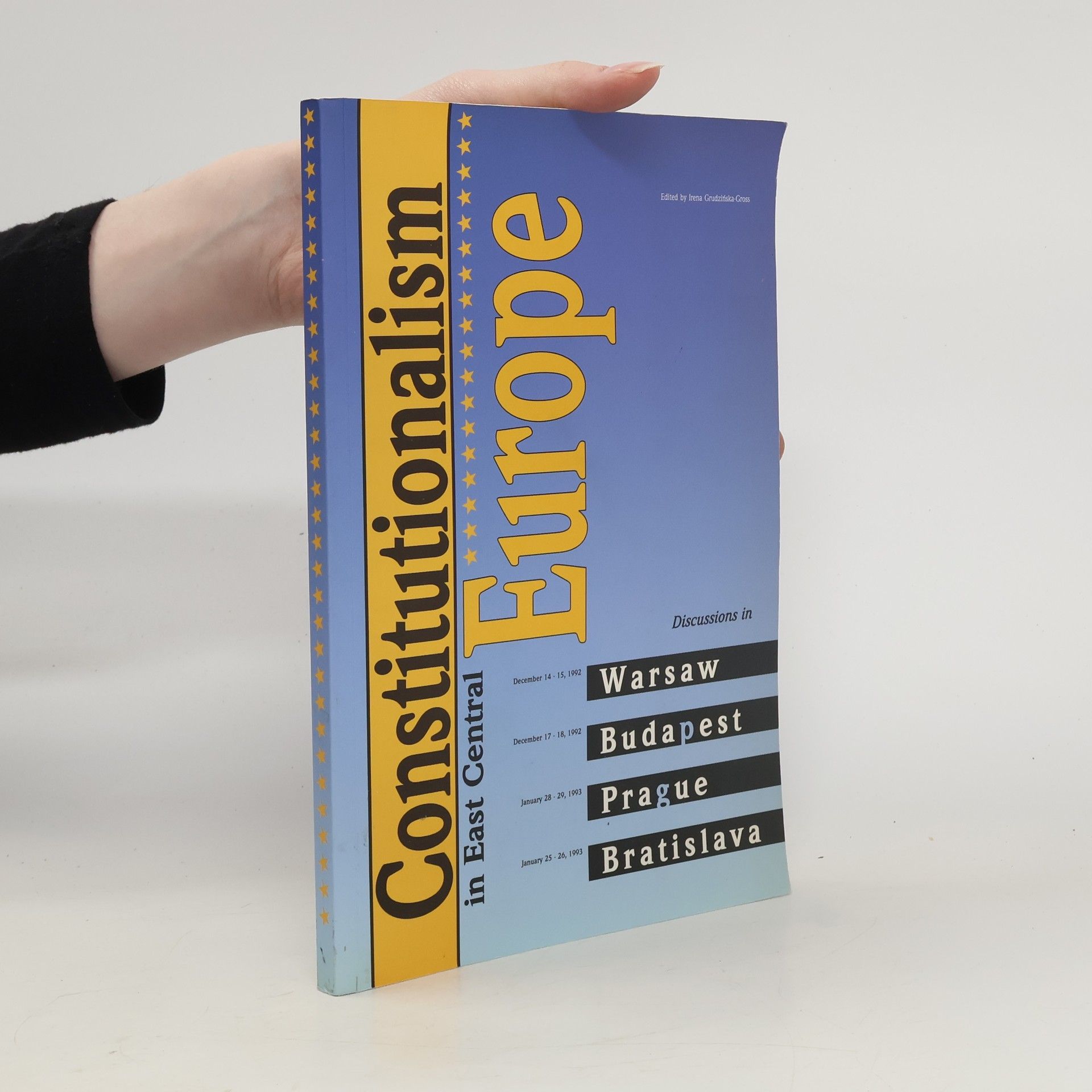Zlatá žeň. Co se odehrálo na pomezí holocaustu.
- 136 pages
- 5 hours of reading
Na začátku byla stará, černobílá fotografie skupinky vesničanů a před nimi hromada lidských kostí. Co však znamenala? Po knihách Sousedé a Strach se polský historik a sociolog Jan Tomasz Gross ve spolupráci s Irenou Grudzińskou-Gross znovu vrací k zdánlivě zapomenuté a léta vytěsňované otázce polsko-židovských vztahů během druhé světové války i krátce po ní – zabývá se přejímáním židovského majetku Poláky, líčí zoufalou situaci Židů na polských vesnicích, konfrontuje jejich osudy s lidskou chamtivostí a hluboce zakořeněným antisemitismem a také se zamýšlí mj. nad postoji katolické církve k této otázce.



